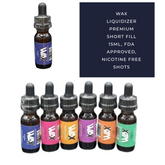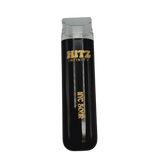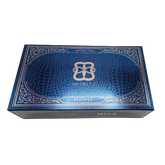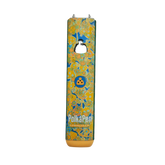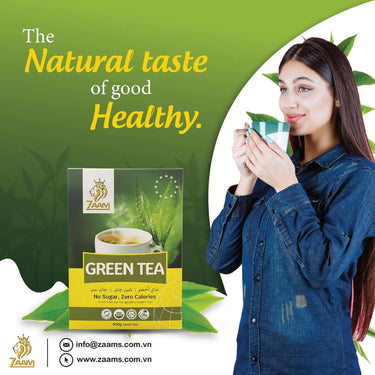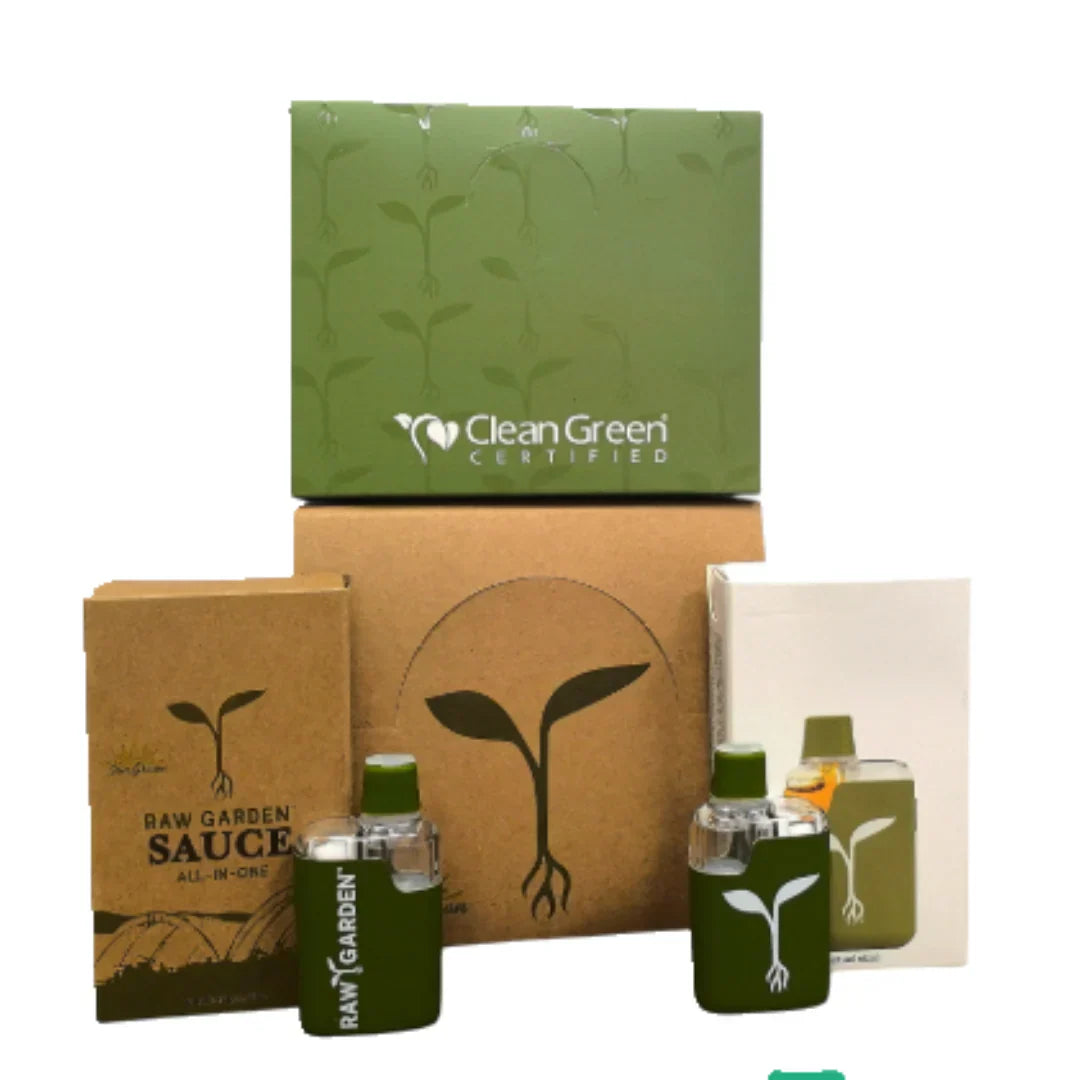With cannabis legalization sweeping across North America and other parts of the world, one product category has seen an exceptional rise in popularity — THC edibles. From gummies and chocolates to baked goods and beverages, these tasty cannabis-infused products offer a discreet and flavorful way to experience the effects of THC. But what exactly makes THC edibles such a hit in legal markets? Let’s explore the reasons behind their widespread appeal, the science behind how they work, and what makes them different from other cannabis consumption methods.
What Are THC Edibles?
THC edibles are food and drink products infused with tetrahydrocannabinol (THC), the primary psychoactive compound in cannabis. Unlike smoking or vaping, edibles deliver THC to the body via the digestive system. Common forms include:
-
Gummies
-
Chocolates
-
Cookies and brownies
-
Infused beverages
-
Mints and lozenges
Once consumed, the liver converts THC into 11-hydroxy-THC, a more potent compound that results in a stronger and longer-lasting high compared to inhalation.
Why THC Edibles Are Gaining Popularity
1. Discreet Consumption
One of the major draws of THC edibles is their discreetness. Unlike smoking, edibles produce no odor, no visible smoke, and no need for paraphernalia. Consumers can enjoy them privately at home or in public settings without attracting attention — an appealing factor for those who prefer to keep their cannabis use low-key.
2. Longer-Lasting Effects
The effects of edibles generally last much longer than those from smoking or vaping. While inhaled THC kicks in within minutes and lasts a few hours, edibles can take 30–90 minutes to start working but may offer effects for 4 to 8 hours or more. This extended duration is ideal for managing chronic pain, insomnia, or anxiety throughout the day or night.
3. Precise Dosing Options
Legal markets have strict regulations that require clear labeling of THC content. This helps consumers — especially beginners — control their experience. From 2.5 mg microdose mints to 10 mg standard gummies, users can choose the dosage that suits their tolerance and desired outcome.
4. Health-Conscious Alternative
For those avoiding the respiratory risks of smoking, edibles provide a healthier option. There's no combustion, no tar, and no irritation of the lungs — making them a preferred method among health-conscious consumers and medical cannabis users.
5. Wider Appeal
THC edibles appeal to a broader demographic than traditional smoking products. They attract new users, older adults, and even people who were previously hesitant to try cannabis. Their familiar formats — like candies or snacks — make the experience feel less intimidating and more enjoyable.
Legalization and Market Growth
The wave of cannabis legalization has directly fueled the development of innovative and high-quality THC edibles. In legal markets such as Canada, California, and Colorado, manufacturers follow strict guidelines for product safety, labeling, and testing. Legalization has led to:
-
Diverse product offerings and new flavors
-
Jobs and economic growth in the cannabis sector
-
Significant tax revenue for governments
-
Safer consumer experiences through regulated sales
As more regions legalize cannabis, THC edibles are expected to play a central role in the expanding market.
Safety and Responsible Use
Despite their benefits, THC edibles come with certain risks if not used responsibly. Because the effects are delayed, users sometimes overconsume, thinking the dose isn’t working. This can lead to an unpleasant experience, including intense anxiety or paranoia.
Tips for Safe Use:
-
Start low, go slow: Begin with 2.5 to 5 mg of THC.
-
Wait at least 2 hours before taking more.
-
Store safely: Keep edibles away from children and pets.
-
Check expiration dates and store in cool, dry places.
Education and awareness are key to ensuring a positive and safe experience.
Challenges in the Edibles Market
While the growth is impressive, the edibles market isn’t without its challenges. These include:
-
Regulatory inconsistency between regions or countries.
-
Mislabeling and potency issues in unregulated or black-market products.
-
Child-proof packaging requirements that must be strictly followed.
-
Consumer education gaps, especially for new users unfamiliar with delayed onset.
The industry is addressing these issues through better product testing, improved labeling, and more public health campaigns.
The Future of THC Edibles
The future looks bright for THC edibles, with several trends emerging:
-
Microdosing products for controlled and subtle effects
-
Functional edibles infused with ingredients like CBD, melatonin, or vitamins
-
Gourmet offerings, including THC-infused truffles, teas, and sauces
-
Expansion into global markets as cannabis reform continues
As consumer preferences evolve, so too will the variety, sophistication, and functionality of edible products.
Conclusion
THC edibles are more than just a trend — they represent a shift in how people consume cannabis in the modern era. Their convenience, variety, and health-conscious appeal make them a top choice in legal markets. Whether for medical use, recreational enjoyment, or wellness purposes, THC edibles continue to drive innovation and reshape the cannabis industry.
As always, responsible consumption and staying informed are key. Start low, know your dose, and enjoy the ride — the edible way.
FAQs
Are THC edibles stronger than smoking weed?
Yes. Edibles often produce more intense and longer-lasting effects due to the liver metabolizing THC into 11-hydroxy-THC, which is more potent.
How long does it take for edibles to kick in?
Anywhere from 30 to 90 minutes, depending on your metabolism, what you ate before, and the dose.
Can I travel with THC edibles legally?
It depends on the jurisdiction. Even if edibles are legal in your state or country, transporting them across borders — especially international ones — is usually illegal.
What’s the recommended dose for beginners?
Start with 2.5 to 5 mg of THC and wait at least 2 hours before considering another dose.
Do edibles expire or lose potency over time?
Yes. Like any food product, edibles can expire. Potency may also degrade over time, especially if not stored properly.


